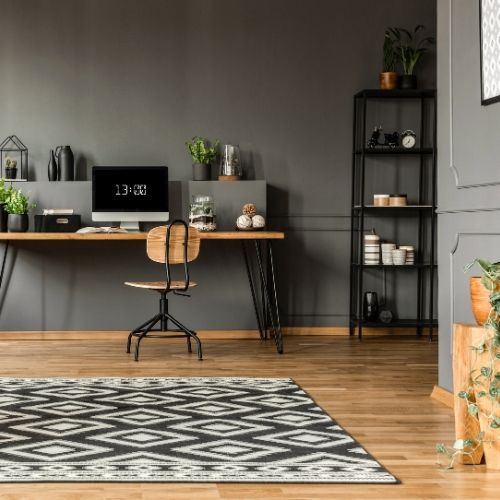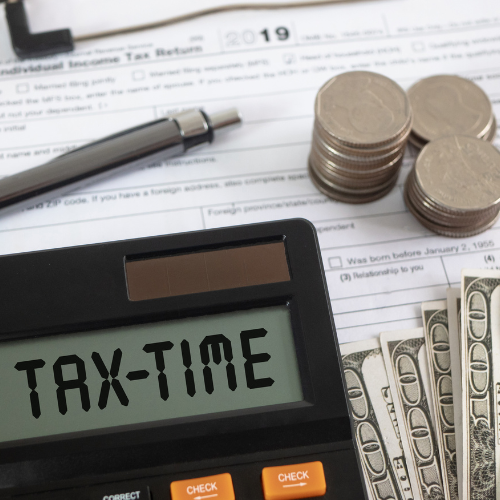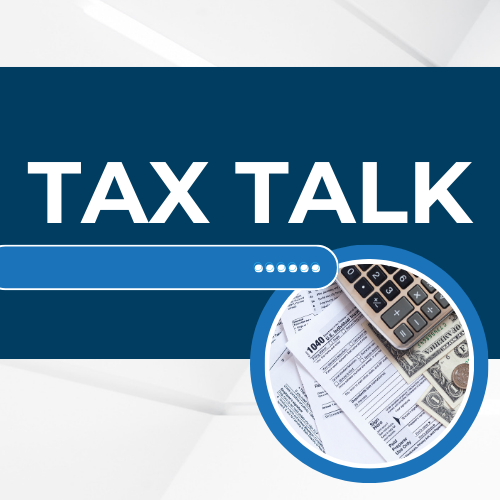Home Office Expenses for Small Business Owners
A Guide for Small Business Owners on Claiming Home Office Expenses

Chances are, if you own a small business you don't work from 9-5. You're probably checking emails, sending invoices, and doing a lot of work from your home. This is why we always remind our clients to claim their home office expenses. Here we've outlined the details about how to claim your home office expenses if you're a small business owner:
Understand Eligibility Criteria: Before diving into the details, it's crucial to understand if you qualify for home office expense deductions. Generally, the space you claim as a home office must be used exclusively and regularly for business purposes. Whether you're a sole proprietor, freelancer, or operate through a pass-through entity, meeting this criterion is essential.
Calculate the Percentage of Business Use: Determine the percentage of your home used for business activities. Measure the square footage of your home office space and divide it by the total square footage of your home. This percentage will be used to calculate the deductible portion of your home-related expenses.
Document Your Expenses: Proper documentation is key to successfully claiming home office expenses. Keep detailed records of all relevant expenses, including mortgage interest, property taxes, utilities, and home insurance. Additionally, save receipts for any home office-related purchases, such as office furniture, equipment, and supplies.
Separate Personal and Business Expenses: Maintaining a clear separation between personal and business expenses is crucial. Create a dedicated business bank account and use it exclusively for business transactions. This makes it easier to track and substantiate your business-related expenses when tax time comes around.
Choose the Right Deduction Method: Small business owners have two main options for claiming home office expenses: the simplified method and the regular method. The simplified method allows you to deduct $5 per square foot of your home office space, up to a maximum of 300 square feet. The regular method involves calculating actual expenses, including a portion of your mortgage interest, property taxes, utilities, and other related costs.
Keep Up with Tax Regulations: Tax laws are subject to change, and staying informed is crucial. Regularly check for updates and consult with a tax professional to ensure you're taking advantage of all available deductions while remaining in compliance with current regulations.
Seek Professional Advice: When in doubt, seek the guidance of a tax professional. The tax code can be complex, and a professional can help you navigate the nuances of claiming home office expenses, ensuring that you maximize your deductions while minimizing the risk of audit.
Claiming home office expenses can be a valuable strategy for small business owners looking to lower their tax bill, but be sure to consult with your tax advisor to determine if you're eligible to do so.















